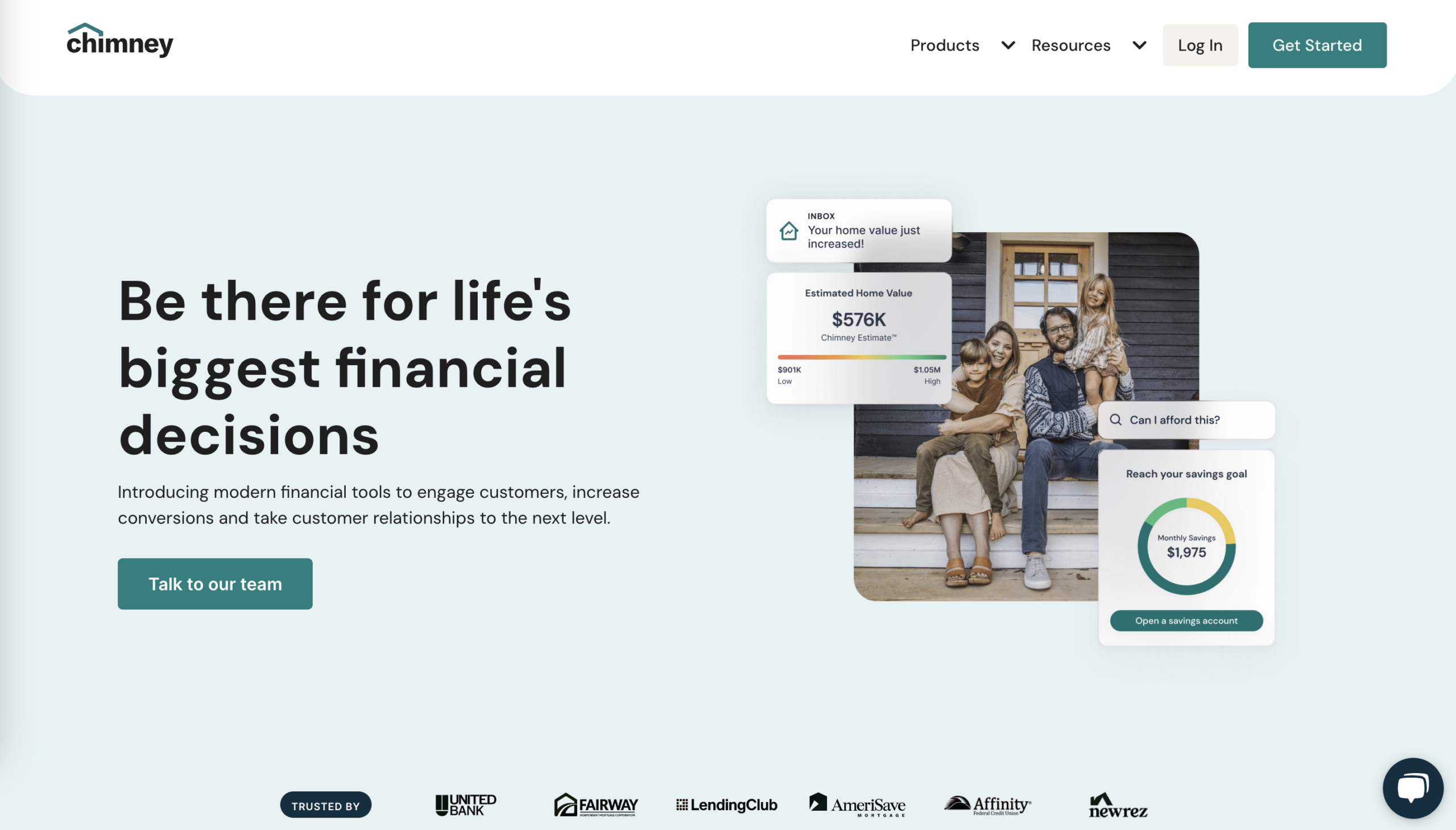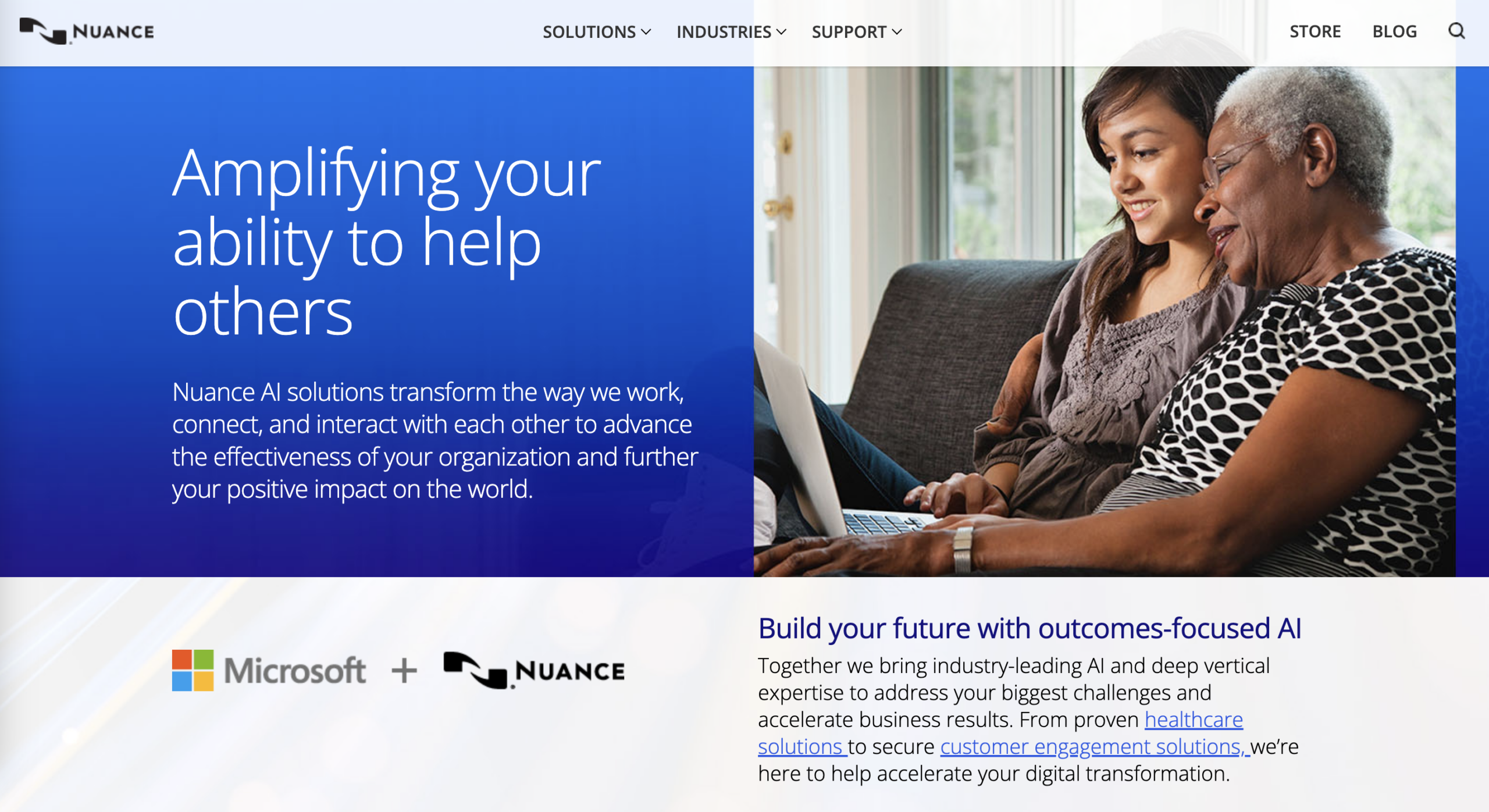
This is a sponsored article by Irene Galperin, InterSystems
Innovation is at the forefront of every financial institution’s agenda. The days when a household name was enough for a bank, investment manager or lender to win and retain business are fading in the rear-view mirror. Today’s customers are digitally savvy and are more demanding of their financial service providers.
To compete in a world where digitally-native innovators are proving successful at meeting changed customer expectations, financial service firms are expanding their analytical and automation capabilities.
The sophisticated analytics and processes required to provide customer personalization, accelerate the credit approval process, manage risk, and prevent fraud before it happens, are fueled by vast volumes of data with varying degrees of complexity. Robust, high performance data management infrastructure is crucial to advancing such innovation and remaining competitive.
To meet these many demands, a huge investment in technology is underway. Analysts at Gartner forecast global IT spending in banking and investment services will reach $652 billion in 2023 – a staggering amount. Spending on software is shifting from building in-house to buying solutions that provide quicker time-to-value.
Intelligent data management as non-negotiable
Gaining insight from data has become the new battleground in financial services, as organizations know they must make better use of their data to improve business decision-making.
Predictive and prescriptive analytics offer huge gains in responsiveness and efficiency, but before organizations have access to such insights, they must be capable of managing the vast amount of data they have – not all of it their own.
We can see how firms are tackling this in the real world, using a new approach to data architecture, which is the smart data fabric. A smart data fabric prepares data for analysis by connecting to existing sources without the necessity of moving data or creating new silos. InterSystems, for example, enables businesses to use this approach so they can gain a complete 360-degree view of each customer and their business, enabling one reality powered by unified, trusted data.
A smart data fabric pulls disparate types of data together from many sources in real-time, creating a useable, dependable, and trustworthy single source of the truth. This is no mean feat when data is growing exponentially, flowing into different, highly distinct silos, and in very different formats. A smart data fabric enables financial services firms to transform, validate, and prepare data for use by advanced applications using sophisticated analytics.
Superior customer personalization to alleviate difficulties
This kind of revolutionary approach to data is having major impact on one of the largest credit unions in the US, Financial Center First Credit Union (FCFCU). FCFCU has worked with InterSystems to build a powerful Customer 360 application that uses predictive analytics to indicate signs of financial distress. This enables FCFCU to intervene much earlier and more effectively, fulfilling its mandate to support people while building stronger relationships with members. Frontline employees are able to make more decisions themselves, and are spared the need to move between different applications. Following implementation of the new application, the organization had its best lending year, helping members defer payments and refinance loans.
Asset management transformation
Another InterSystems customer, Harris Associates, is an independent asset management firm in the U.S. with more than $100 billion in assets under management as of March, 2023. It has always looked to improve its ability to better manage risk and gain visibility into performance data on demand, using data to serve multiple consumers and use cases. Speed of access to reliable insights is critical. Harris implemented InterSystems TotalView For Asset Management to build a smart data fabric, aggregating data from third-party providers along with the full gamut of internal sources and applications.
The smart data fabric has met the all-important requirements for timeliness and consistency, serving the entire business and its clients. Business users across the firm are now able to make decisions using timely, trustworthy data, with the ability to drill down and get to the answers that matter to them. The whole project has radically improved enterprise and client reporting.
Leading fintech unlocks the value of data
Broadridge Financial Solutions, a $5 billion global fintech leader handling $7 trillion of fixed income and equities securities trades per day, undertook a significant data management transformation to build a wealth management solution and unlock the value of their data. Broadridge embraced the smart data fabric architecture using InterSystems IRIS.
The architecture seamlessly unifies data sources, creating golden source data that is distributed horizontally with a caching layer, all in one high-performance solution, helping Broadridge to gain real-time insights, agility, and operational efficiency.
The new architecture met Broadridge’s need for speed and enabled them to scale to five times current volume, handle two million transactions daily, and store seven years of data. InterSystems IRIS provided a 900% improvement in performance using only 30% of the infrastructure, compared with an alternative approach.
Broadridge’s success story highlights the importance of innovative data solutions in reshaping business strategies. In the digital era, the smart data fabric emerges as pivotal, unlocking data’s full potential for Broadridge and its clients.
InterSystems’ long record of achievement in financial services data excellence
These real-world use cases are just three examples of how better access to trusted data is revolutionizing the effectiveness of financial service firms at competing and operating in the digital age. InterSystems has a long track record of innovation and achievement in this field, and has gained Gartner Magic Quadrant recognition as a visionary for cloud database management systems. This validates the company’s next-generation data platform and innovative smart data services. Composable services remove the need to build custom applications when organizations want to become more competitive.
The ability to gain a complete, accurate view of the enterprise and of individual customers is critical in today’s highly competitive banking sector where new players often have leaner technology and greater agility. But what they do not have is valuable customer data, acquired over many years. For banks to compete, a smart data fabric provides the ability to leverage predictive and prescriptive analytics to ramp up innovation and efficiency. Organizations can gain a 360-degree view of enterprise data across many silos, enabling them to capitalize on their data assets and deliver innovative services in the face of increasing competition.






















